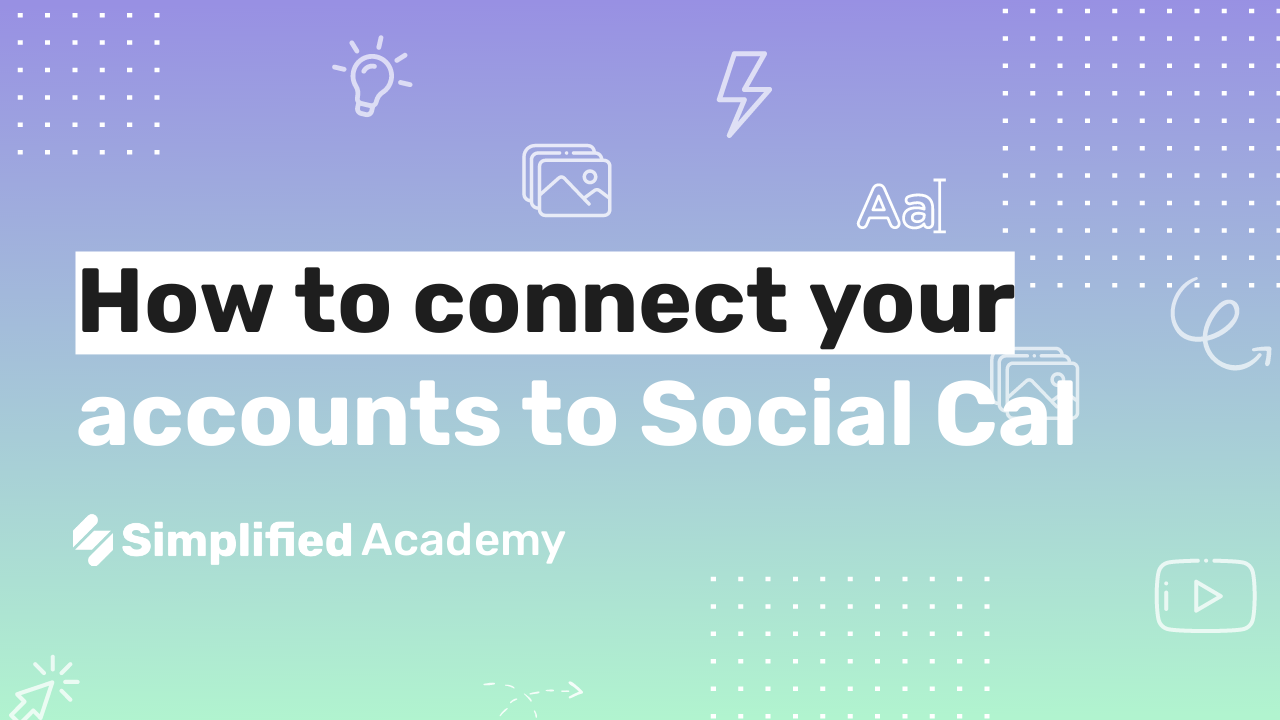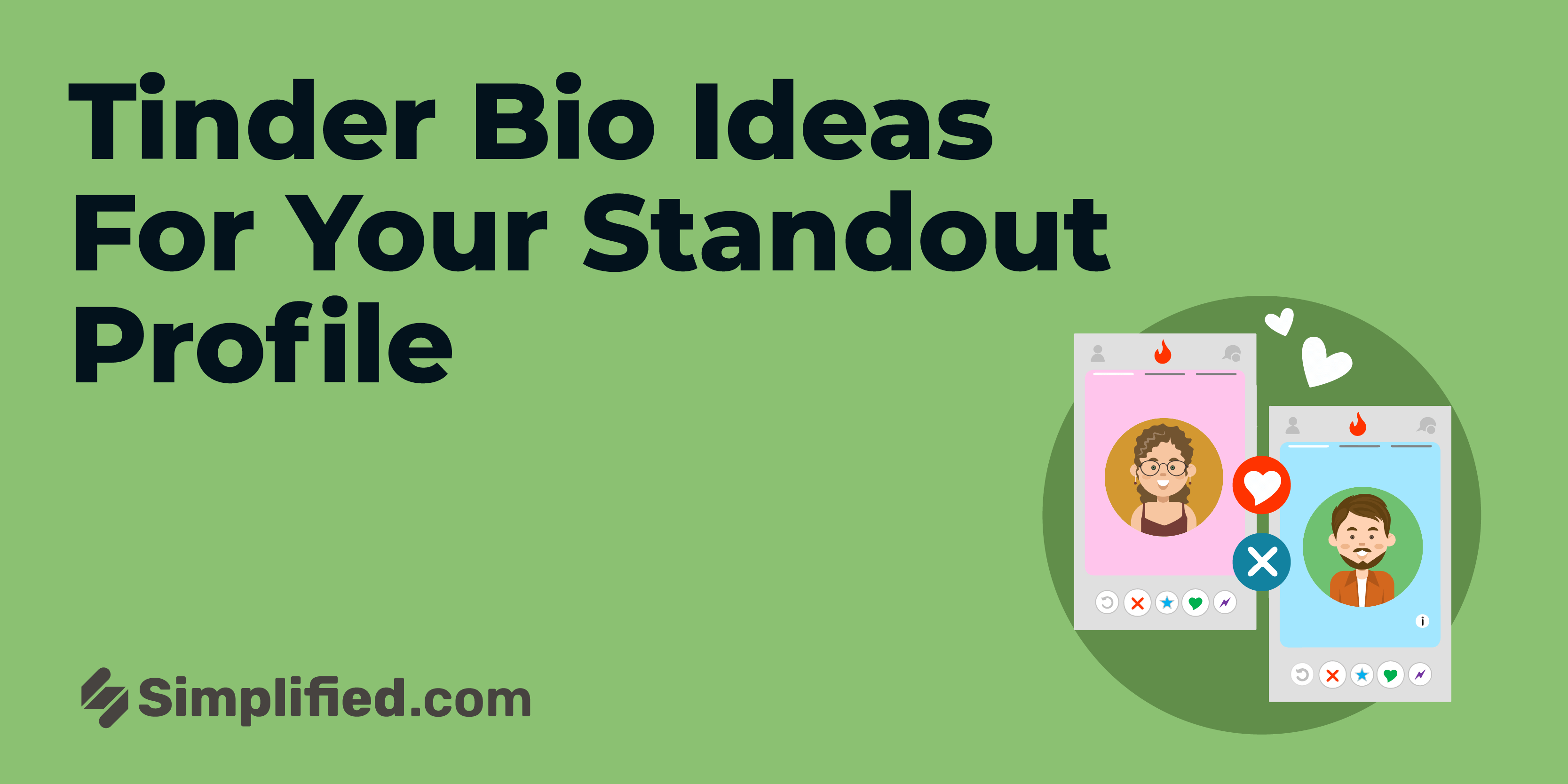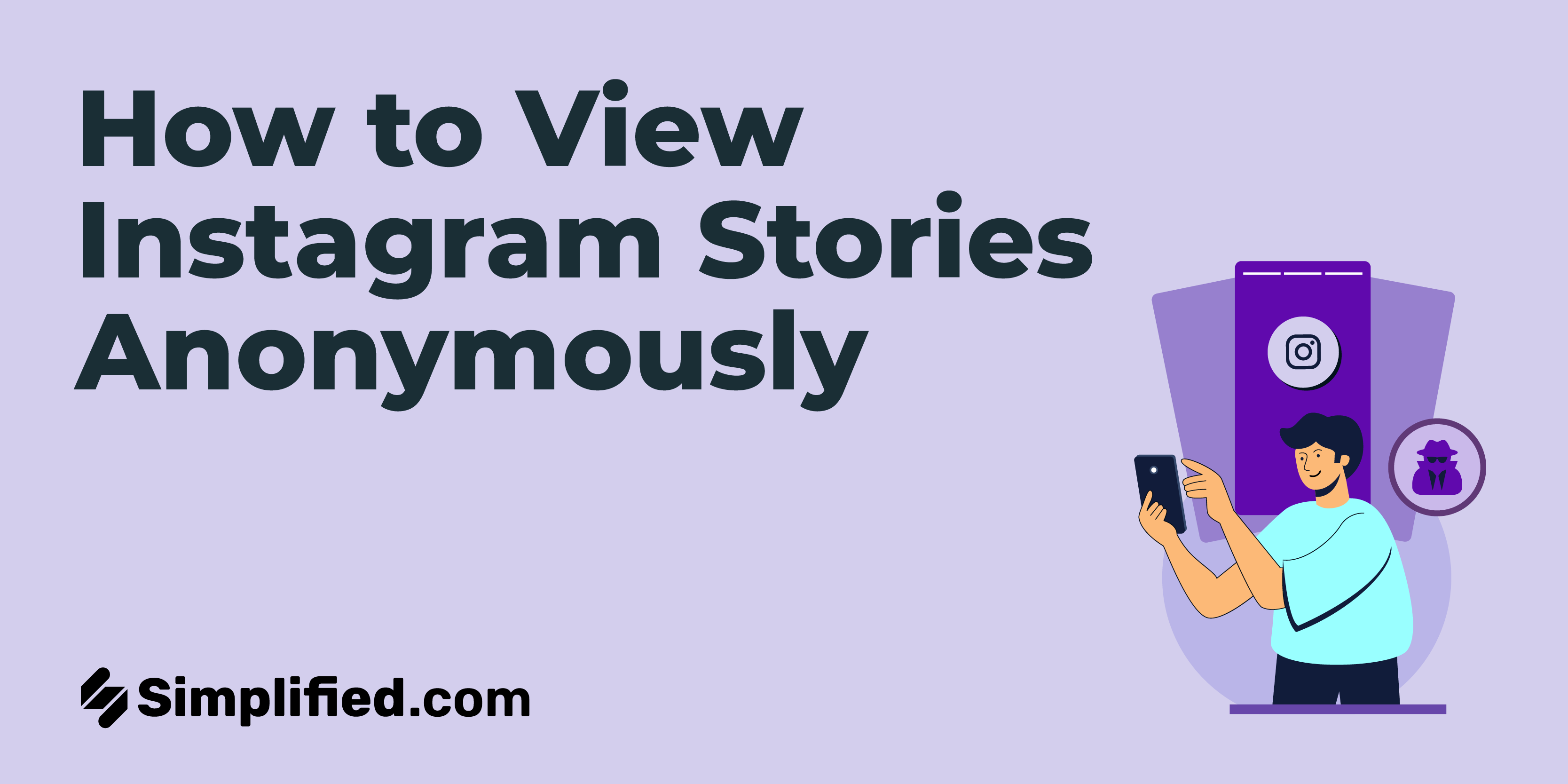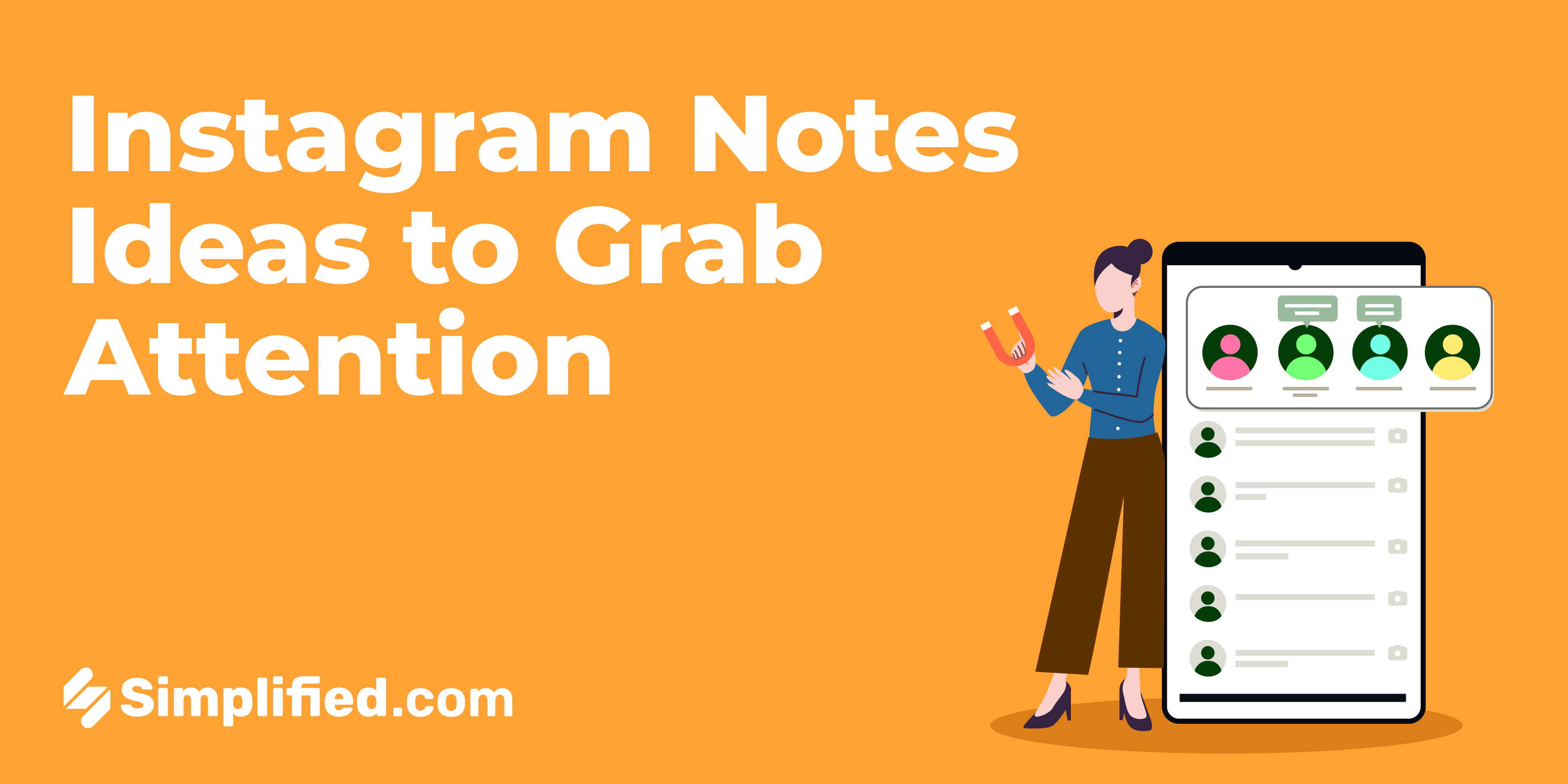What do you mean by Inbound Marketing?
Inbound marketing refers to a marketing approach centered around the attraction and engagement of customers through the creation and dissemination of valuable content and experiences.
What is the concept of inbound marketing?
Inbound marketing is a customer-centric strategy that aims to draw potential customers to a business rather than forcefully pushing advertisements or promotions onto them. The fundamental principle of inbound marketing is to offer pertinent and beneficial content that caters to the needs and interests of the target audience. By providing valuable information, insights, and solutions, businesses strive to build trust, establish authority, and form meaningful connections with potential customers.
What are the different forms of inbound marketing?
Inbound marketing encompasses a range of strategies and tactics designed to organically attract and engage potential customers. Some common forms of inbound marketing include:
- 1. Content Creation:
Producing high-quality, informative, and captivating content in various formats such as blog posts, videos, ebooks, podcasts, or social media updates. This content is crafted to educate, entertain, or address issues for the target audience.
- 2. Search Engine Optimization (SEO):
Optimizing content and website elements to enhance visibility in search engine results. This helps in attracting organic traffic from search engines by targeting relevant keywords and ensuring that the content is easily discoverable.
- 3. Social Media Marketing:
Utilizing social media platforms to share and promote content, interact with the audience, and establish relationships. Social media enables businesses to reach a wider audience, encourage content sharing, and facilitate conversations.
- 4. Email Marketing:
Building an email subscriber list and employing email campaigns to nurture leads, deliver targeted content, and establish personalized communication with customers. Email marketing helps businesses stay connected and provide direct value to individuals who have shown interest.
- 5. Lead Generation & Conversion:
Implementing strategies to capture and convert website visitors into leads by employing techniques such as landing pages, forms, calls-to-action, and lead magnets (e.g., free ebooks, webinars, or consultations). The objective is to transform interested prospects into customers.
- 6. Analytics:
Monitoring and analyzing data to gain insights into campaign performance, audience behavior, and engagement. This enables businesses to refine their strategies, optimize conversion rates, and enhance their overall marketing efforts.
The ultimate goal of inbound marketing is to attract, engage, and delight customers by consistently providing relevant and valuable content throughout their buyer's journey. By focusing on building long-term relationships and delivering exceptional experiences, businesses aim to convert leads into customers, retain them, and ultimately foster customer loyalty and advocacy.
.webp)













